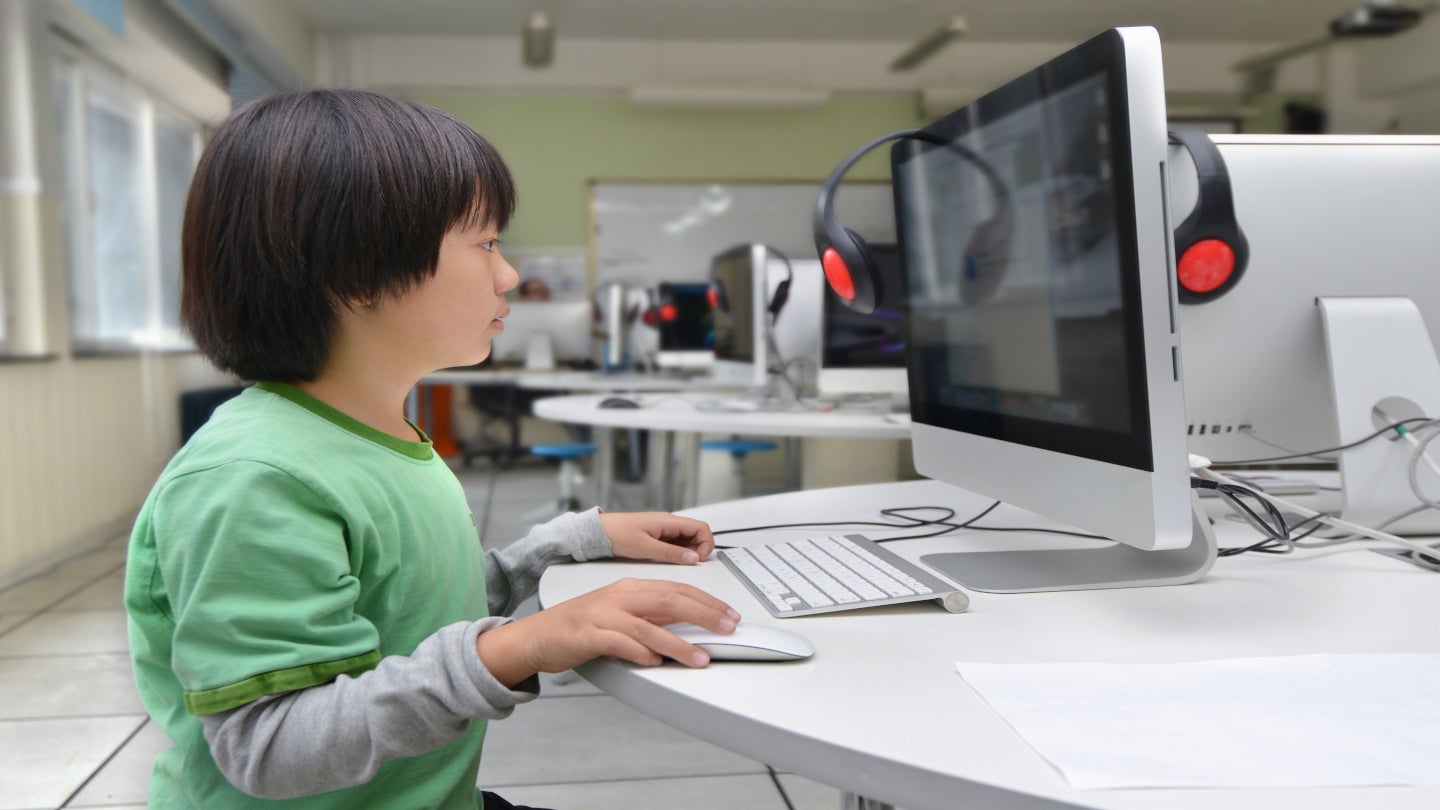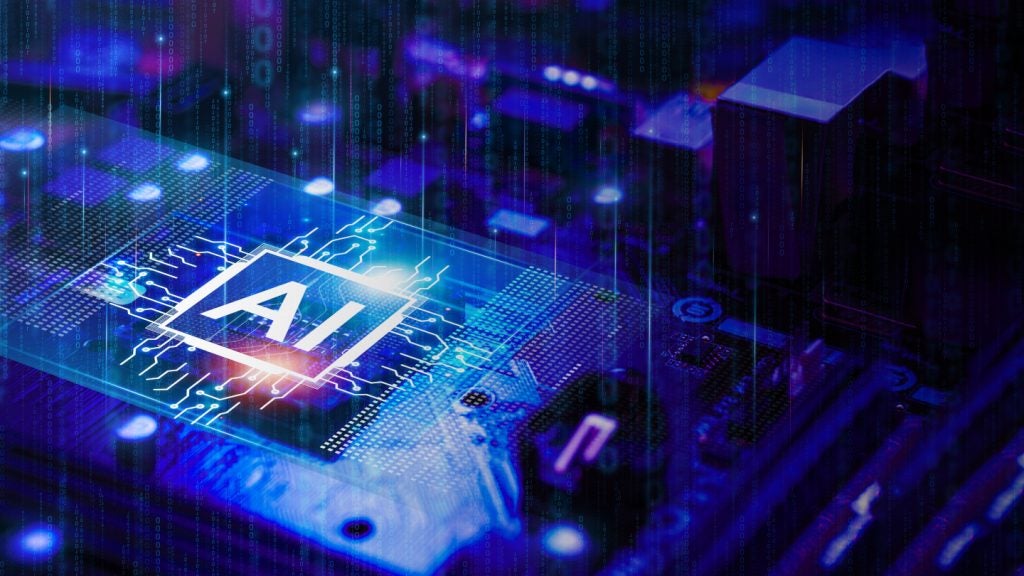
China is urging primary and secondary schools to integrate artificial intelligence (AI) into their curriculum.
The Ministry of Education aims to enhance students’ digital skills and problem-solving abilities, addressing the country’s future demand for innovative talent. This initiative follows the introduction of AI majors in more than 500 universities and colleges since 2018, reported South China Morning Post.
The ministry’s circular suggests launching AI courses systematically and incorporating them into school evaluations.
Younger students should gain basic AI knowledge, while older students should learn to apply the technology. Senior high school students are encouraged to engage in innovative AI projects. Schools are advised to adopt project-oriented teaching and integrate AI into computer science courses.
This marks the first time China has established goals for AI education in primary and secondary schools. In February 2024, some 184 schools were chosen to participate in a pilot programme aimed at exploring AI education.
Beijing Hongzhi Middle School, one of the six AI pilot schools in the capital, has introduced a general AI course and adopted AI-powered software to assist in various educational activities, reported People’s Daily.
How well do you really know your competitors?
Access the most comprehensive Company Profiles on the market, powered by GlobalData. Save hours of research. Gain competitive edge.

Thank you!
Your download email will arrive shortly
Not ready to buy yet? Download a free sample
We are confident about the unique quality of our Company Profiles. However, we want you to make the most beneficial decision for your business, so we offer a free sample that you can download by submitting the below form
By GlobalDataThe school has utilised AI to help students practise English, assist teachers with writing, and measure physical activities like pull-ups and long jumps.
Despite these efforts, some parents express scepticism about the quality of AI education, reported the news publication.
Zhou Jingjing, a parent from Beijing, doubts her son’s school’s ability to effectively teach AI, citing inadequate computer science classes. She mentioned that students merely watch coding videos without practical engagement. “No one can learn programming by just watching. It’s a waste of time,” Zhou said.
Dong Chen, a parent from Shanghai, noted that while his daughter’s school uses AI-powered software for class summaries, it does not offer dedicated AI classes. He expressed concern that schools are not motivated to teach AI as it is not part of entrance exams.
“If you really want to learn something, you cannot count on the schools. After all, AI is not a subject on middle school or university entrance exams, so schools are not highly motivated to teach.” Dong said.
21st Century Education Research Institute director Xiong Bingqi highlights the need to reform China’s education appraisal system. He advocates for a shift in focus from exam subjects to students’ learning experiences to enhance AI education.
“We can only enhance AI education by reforming the education appraisal system and focusing more on students’ learning experience,” Xiong stated.







